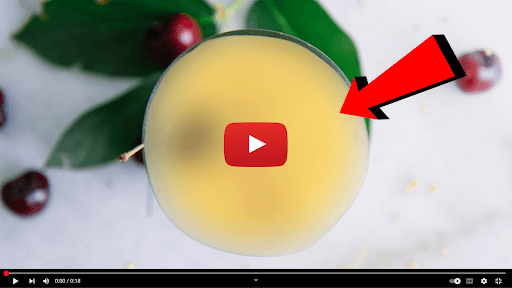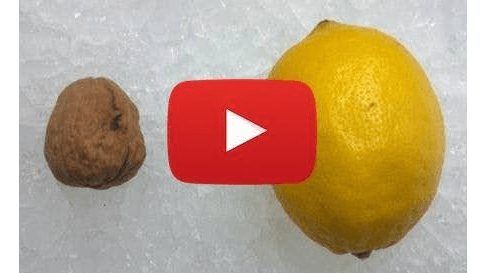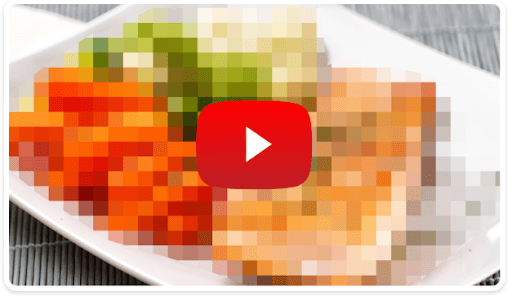The truth about antioxidants
Have you ever thought back to your high school science days? One of the fascinating topics probably covered was what happens within our cells, specifically the chaotic dance of electrons in our mitochondria. This dance sometimes results in what we call free radicals.
Free radicals are atoms or molecules characterized by an odd number of electrons. They form when mitochondria—the powerhouse of the cell—become inefficient at utilizing energy, leading to what's often referred to as "leakage." When this "leaked" energy happens, it leaves us with unstable electrons desperately seeking balance.
"This rogue electron is highly damaging and associated with accelerated aging, disease, and even cancer."
In an attempt to fight these unstable free radicals, antioxidants may come into play. Traditionally, it's believed that antioxidants neutralize free radicals by donating an electron, thus stabilizing them. Unfortunately, recent research suggests this interaction may not provide the significant benefits, particularly when supplemented.
While blueberries and other fruits rich in antioxidants have been a staple in dietary suggestions, they may not be as essential as once thought for combating oxidative stress. Transitioning to a diet that supports ketone production promises better protection against the harmful effects of rogue electrons.
Unlike sugar, ketones produce energy with fewer electron leakages, inherently reducing the formation of damaging free radicals. Embracing a keto diet could, therefore, promote healthier aging and less oxidative damage.
In light of the emerging research, changing the traditional dietary focus from antioxidant supplementation to ketone-increasing foods may offer a proactive strategy in fighting oxidative processes. This approach not only reduces the burden of free radicals but also edges closer to optimizing health and longevity.
From Around The Web
Wellness Inbox is a blog & weekly newsletter that curates trending news and products related to health and wellness from around the web. We also gather content from various sources, including leading health professionals, and deliver it directly to you.
Please note that we may receive compensation if you purchase any products featured in our newsletter. Wellness Inbox is not affiliated with, nor does it endorse, any health professionals whose content may appear in our newsletter. The information provided is for general informational purposes only and should not be considered medical advice.
The information provided is not intended to replace professional medical advice, diagnosis, or treatment. All content, including text, graphics, images, and information available is for general informational purposes only. We do not guarantee the accuracy or completeness of any information presented and assume no liability for any errors or omissions. The content is subject to change without notice. We encourage you to verify any information with other reliable sources and consult your physician regarding any medical conditions or treatments.







